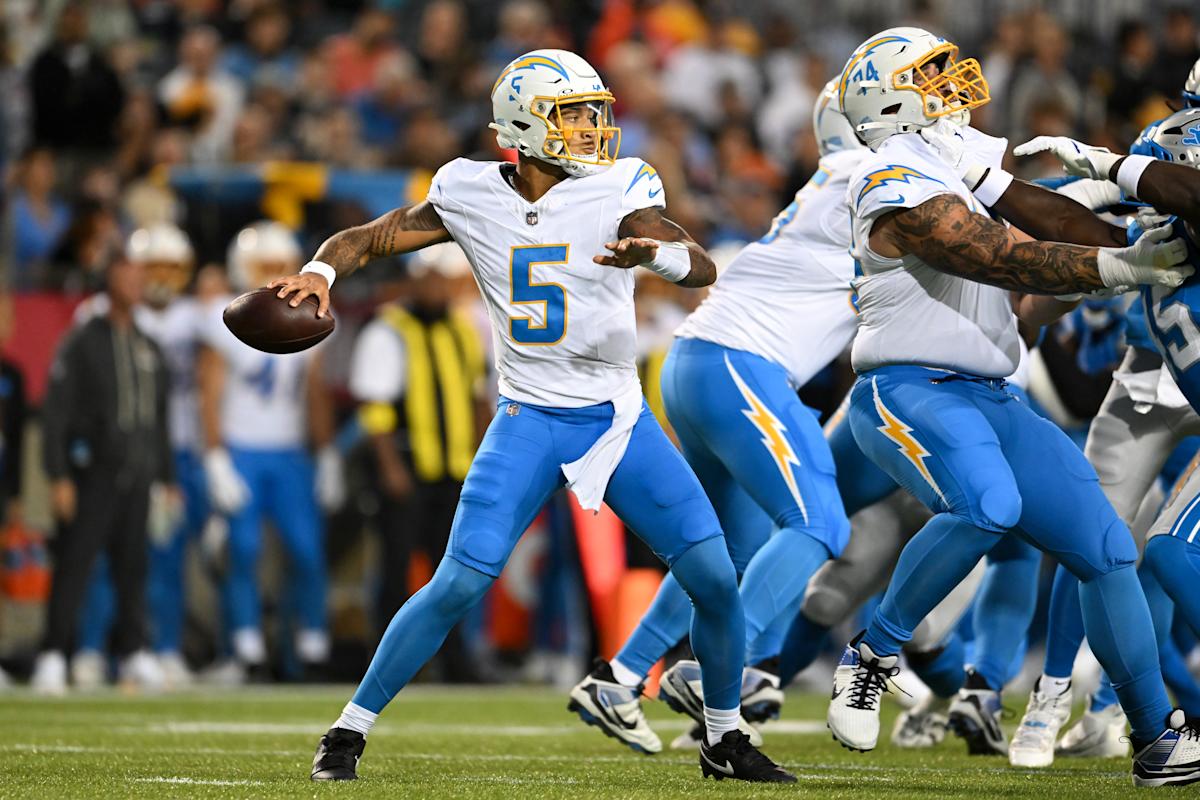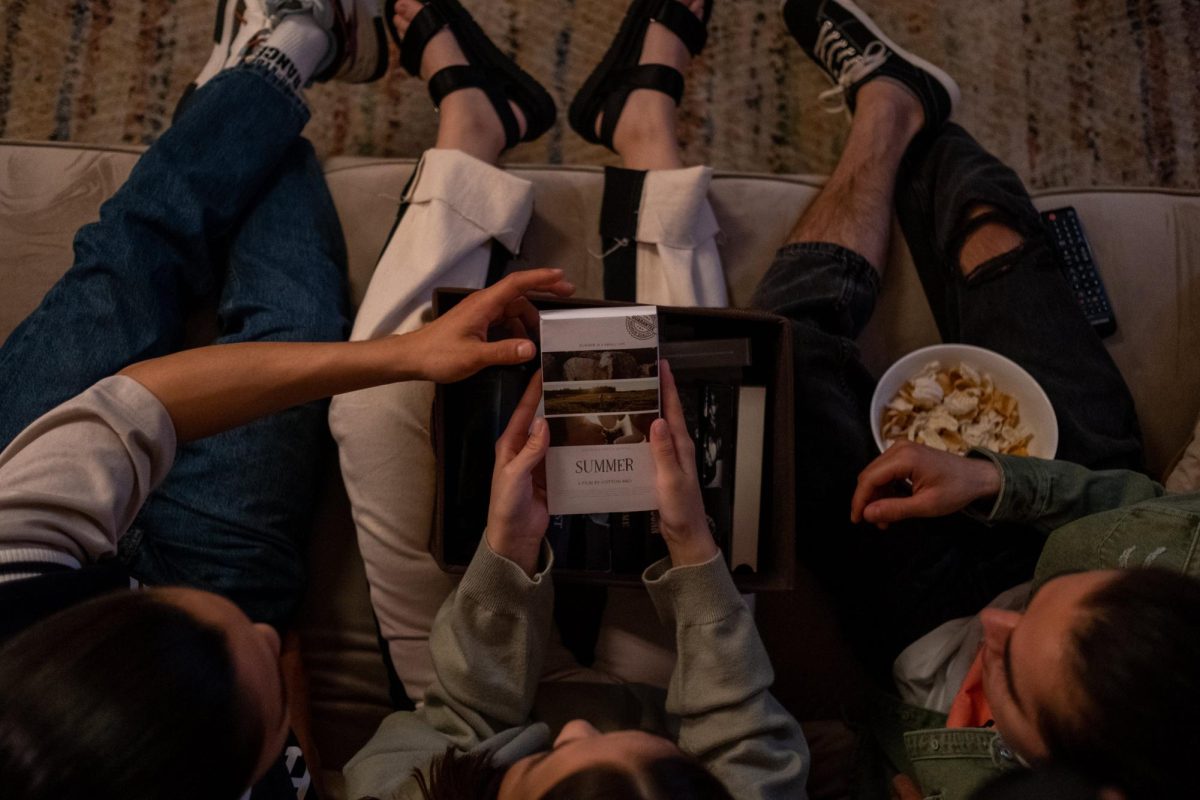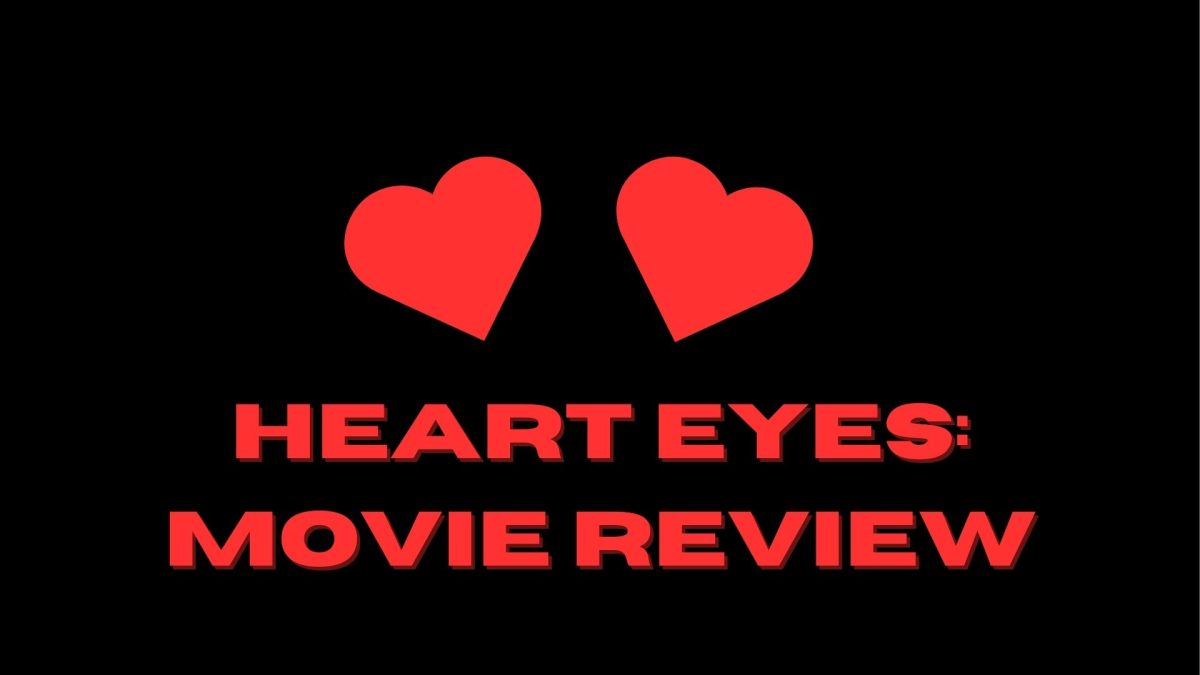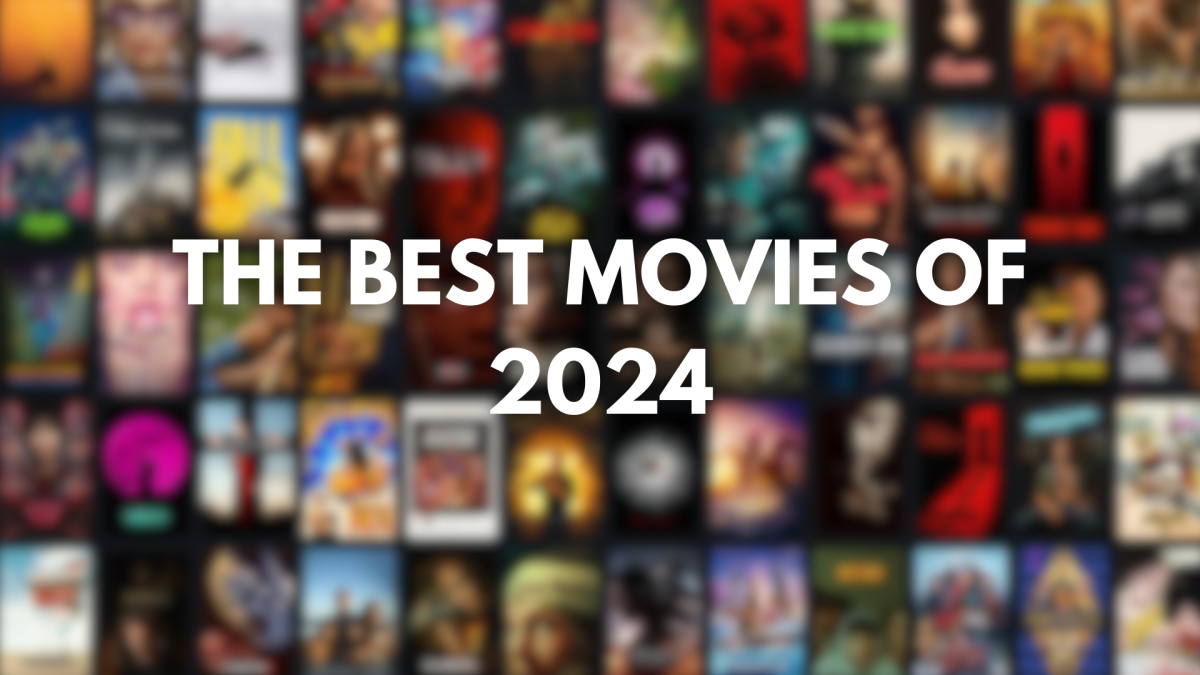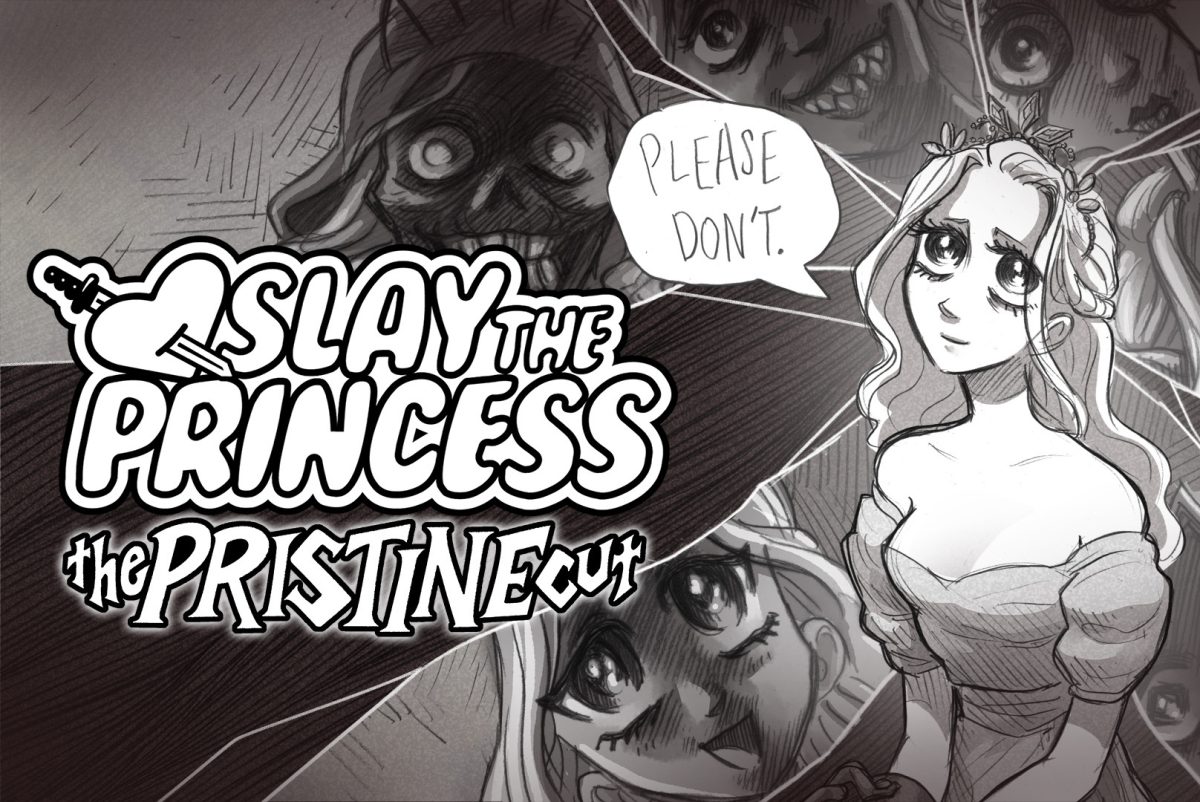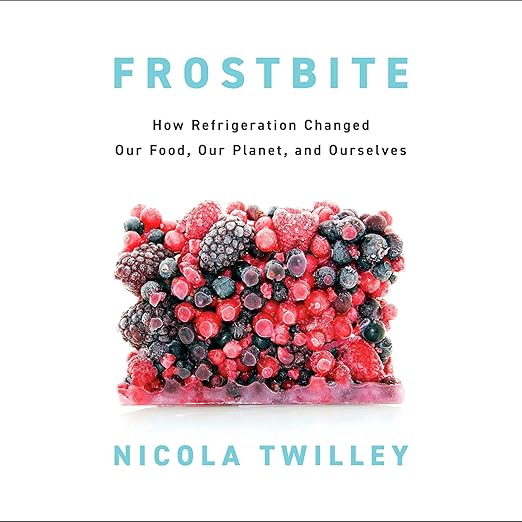Despite the film and TV industries being rocked by the SAG-AFTRA and WGA strikes, 2023 turned out to be an incredible year for movies. While it was difficult to choose between the plethora of incredible things I’ve seen this year (so difficult I included five honorable mentions anyway– sue me!), these are my top 10 movies of 2023:
Honorable Mentions:
- Dungeons and Dragons: Honor Among Thieves
- Barbie
- Past Lives
- Mission Impossible: Dead Reckoning – Part One
- Godzilla Minus One
- The Killer: The premise is a generic Netflix procedural setup, of an assassin who is forced to go on the run after the job in the inciting incident goes wrong, but in the hands of The Social Network and Gone Girl craftsman David Fincher, The Killer turns out as sleek and investing as they come, detailing the minutiae of its titular character’s perfectionistic, supposedly emotionless process all the while subverting it with a mistake made at every turn and a diegetic soundtrack that only ever seems to play The Smiths. While Fincher delivers the goods in terms of his typical precise compositions, sounds, and rhythmic editing, the film’s central goal is satirizing its grindset-bro-like hitman protagonist with a fiercely morbid sense of humor, and it achieves that in spades.
- Shin Kamen Rider: Superhero films nowadays seem to have been diluted down to the most bland versions of themselves, composed mostly of famous actors standing on fake backgrounds spouting jargon. Shin Kamen Rider, a modern reinvigoration of a classic Japanese IP, stands up to that and proves these stories can be filled with energy, visual panache, and heart. If you’re looking for something that has an accessible, legible story beyond the basics, you’re in the wrong place, but if you’re simply looking for a pure bit of fun that harkens back to the goofiness and vigor of the origins of the genre, Shin Kamen Rider is nothing if not one of the best of the year.
- Bottoms: Between Barbie and this, 2023 has been a fantastic year for female-led comedies, and Bottoms takes the cake for me; it’s a genuine laugh-a-minute film, taking the teen movie genre and dialing the absurdity all the way up to 11. There’s a joke in pretty much every shot and line, helping to detail this wonderfully strange parody world crafted in the script by actor Rachel Sennot and writer-director Emma Seligman. Ayo Edebiri is a star in the making, delivering a comedic performance that is animated, yet filled with subtly hilarious line deliveries and gestures, while Seligman directs it with a manic energy all but missing in the modern studio comedy. Spoilers won’t ruin it for you, but go in knowing nothing anyway and it’ll be a riotous good time.
- Knock At The Cabin: Nowadays, M. Night Shyamalan is mostly known for his twist endings, wooden dialogue, and lazy intentional butcherings of his name, but what isn’t talked about enough is his truly incredible visual talent. Knock At The Cabin is comparatively restrained compared to many of his other films, but it’s still a shining example of Shyamalan’s exceptional skills in the lost cinematic art of framing and blocking, with characters placed strategically within the frame to create meaning and tension in nearly every shot. The story Shyamalan is working with here is also one of his best, a simple story of a family falling victim to a group of home invaders (lead by a sorely underrated Dave Bautista, who is simultaneously reserved and quietly threatening as Leonard) who present the family with a terrifying choice, which allows Shyamalan’s visual talents to work wonders on the basic canvas. Knock At The Cabin’s ending, which it changed from the book it was adapted from, has received some backlash for what it altered, which I won’t entirely dispute, but I think it leads to a potent conclusion that is both heartbreaking and optimistic.
- May December: I considered not putting this on here because its subject matter is so heavy and complex that I’m not sure I could say all that needs to be said about it, but it’s such an incredible knockout of a film on all fronts it would feel wrong not to. It’s powered by a trio of year-best actors, with Riverdale alumni Charles Melton delivering a surprising gut punch of a performance, though an incredibly knotty, uncomfortable screenplay by Samy Burch and careful, brilliant direction by Todd Haynes ensure that the handling of the drama and subject matter always feels appropriately critical, yet necessarily sensitive. Look up disclaimers about the subject matter before watching, but if you’re comfortable, it’ll be worth it.
- John Wick: Chapter 4: I love action movies– most action movies, however, don’t love me. The John Wick franchise, run on the action prowess of stuntman-turned-director Chad Stahelski and the commitment and star power of Keanu Reeves, has consistently been the exception to that rule throughout the years, and yet even I couldn’t predict the magnitude to which I’d love Chapter 4. The film feels like the franchise set free, untamed by studio expectations, loaded to the brim with incredibly visceral action scenes, assassin underworld lore, and lush fluorescent lighting (it’s the best-looking movie of the year and it’s hardly a contest.) The film is non-stop adrenaline-pumping action from minute one, and yet it stays exciting by constantly upping the ante on itself and diversifying its action influences, and while you don’t come to a film like John Wick 4 for the story, it still provides. If you haven’t, go watch it; it barely feels like 3 hours.
- Oppenheimer: A towering biopic, which intentionally subverts its titular character’s Great Man narrative into a harrowing story about the widespread chain reactions of the creation of the atomic bomb. Christopher Nolan delivers a film that it feels like his entire career has been building towards, fusing the furious nonlinear crosscutting by Jennifer Lame, the lyrical, pulsating, yet thunderous score by Ludwig Gorannson, and a cast of committed performers (namely Cillian Murphy and Robert Downey Jr. in career-best turns) to turn rote historical material into something truly resonant and kinetic. Few moments in any film match the mounting dread leading up to the Trinity Test scene at this movie’s midpoint, where all elements coalesce to signify the coming of one of the most singularly impactful moments in human history.
- The Boy and the Heron: Hayao Miyazaki (director of Spirited Away, Kiki’s Delivery Service, Ponyo) and Studio Ghibli have returned to make another beautiful film that feels like a celebration of and yet natural growth of the studio’s history. This remixes lots of elements from Miyazaki’s previous work: there’s a child who escapes to a fantastical world with a detailed hierarchy and labor system through an abandoned ruin a la Spirited Away, there’s a gruff-voiced nature spirit with a heart of gold aiding the child a la Howl’s Moving Castle or Porco Rosso, there’s a young girl with unexplained importance and power over nature, a la— well, you name it. Yet The Boy and the Heron’s retreading of familiar ground feels purposeful rather than lazy. It’s the old master looking at all that he’s created, these vast worlds he’s developed and inhabited, and questioning their place in a legacy that he seems to admit is soon ending. Miyazaki recognizes that these worlds have been sources of joy and beauty and escape for so many people and likely for himself, and asks through his protagonist Mahito, who himself has already lost so much, how can you live on after these stories end? And the answer he concludes with is beautifully simple: you just have to. Stories end, and life goes on. That’s natural, and no matter how painful it is, you must find a way to cope. If this is to be Miyazaki’s last, it’s a gorgeous swan song (scored by one of Joe Hisaishi’s best works) that serves as a perfect summation of his storied career.
- Asteroid City: Wes Anderson returned this summer with a vengeance, proving once and for all that what makes him the filmmaker he is can’t truly be replicated by lame AI TikTok videos. Asteroid City is arguably one of his most artificial-feeling films yet, in a career full of them– its main storyline is the telling of a fake play, Asteroid City, recounted by a TV program host, inside of a movie– and yet it’s also one of his funniest and most heartfelt in years. Wes uses his hyper-designed style to explore how people utilize artifice to cope with grief, telling the story of an array of people stuck at a space camp after a life-altering event occurs to all of them, while also telling the story of the actors and actresses and directors who are making the play in real-time. It’s a strange, head-ache-inducing framing device, and yet it works precisely because it feels like Anderson is finally turning the camera inwards on himself and his own carefully curated style, and interrogating its purpose. It turns Asteroid City from simply a visually delectable slice-of-Americana comedy to something truly thoughtful and melancholic and lands it as one of the best of the year.
- Killers of the Flower Moon: I wrote in depth about why this is easily the best of the year for me in a separate review, so go check that out, but in short, Killers of the Flower Moon is a staggering achievement and an experience that is both enormous and singularly, pointedly affecting. The film’s portrayal of the casualness and complicity of white settlers in the systematic genocide of the Osage nation is as haunting as it gets, anchored completely by a knockout, easy best-of-the-year performance by Lily Gladstone. Its 3-and-a-half-hour runtime is a commitment, but if you’re willing to take it, you’ll be provided with a hugely impactful experience and one of the smartest, most pointed endings in recent memory (especially in a year filled with them).



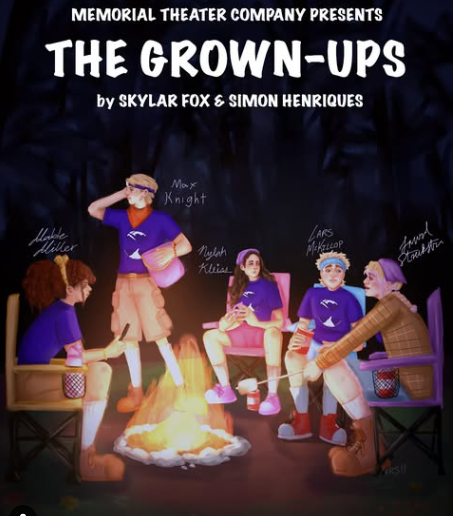






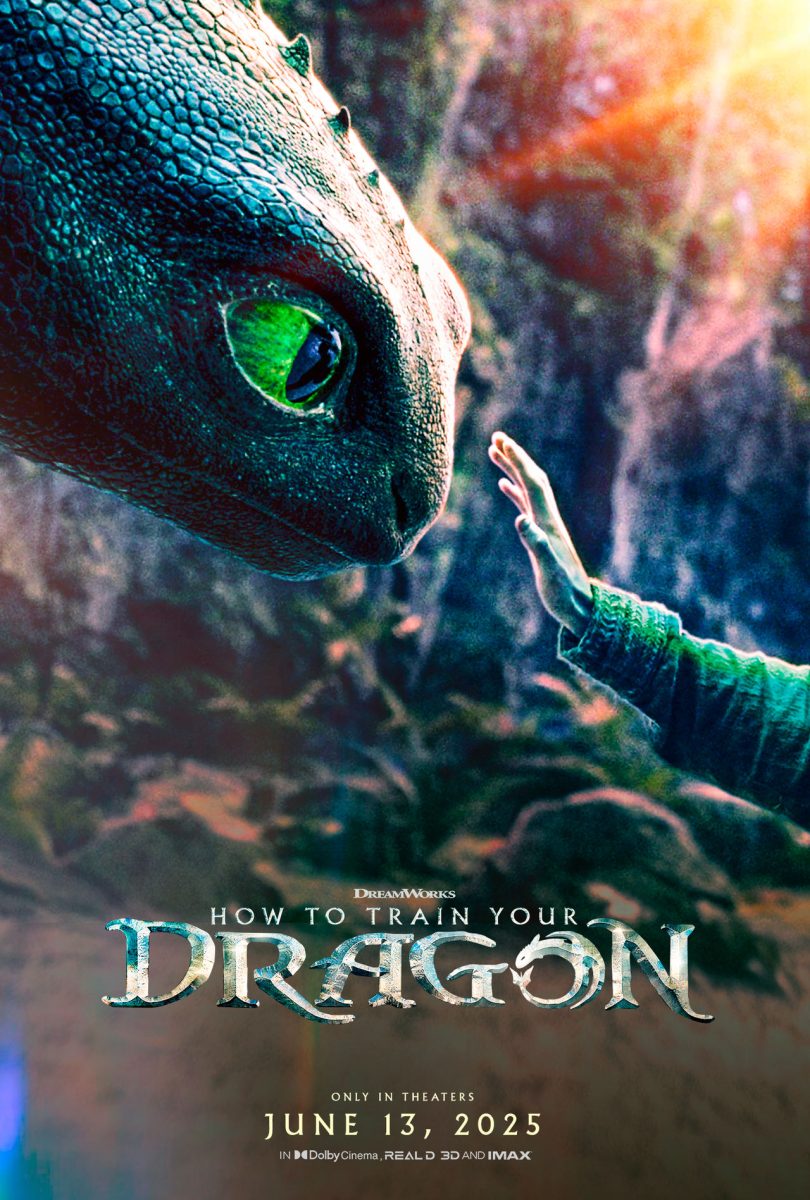

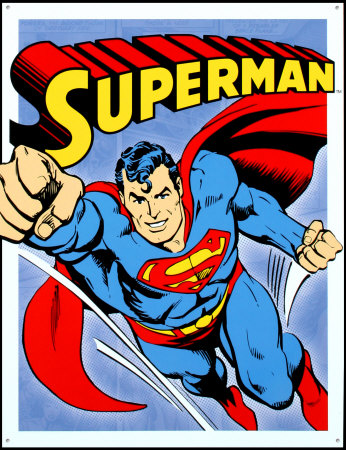
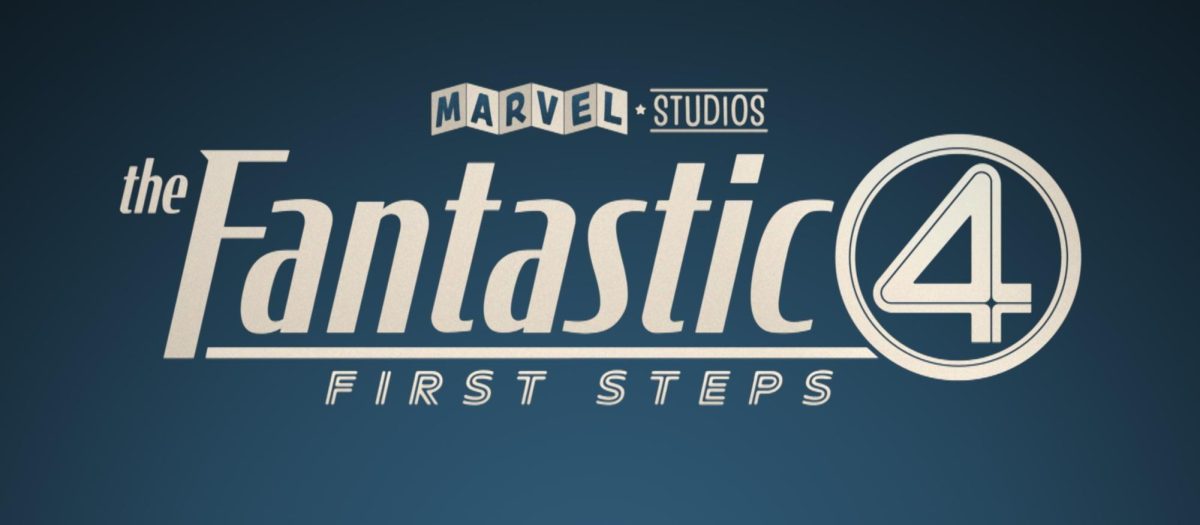











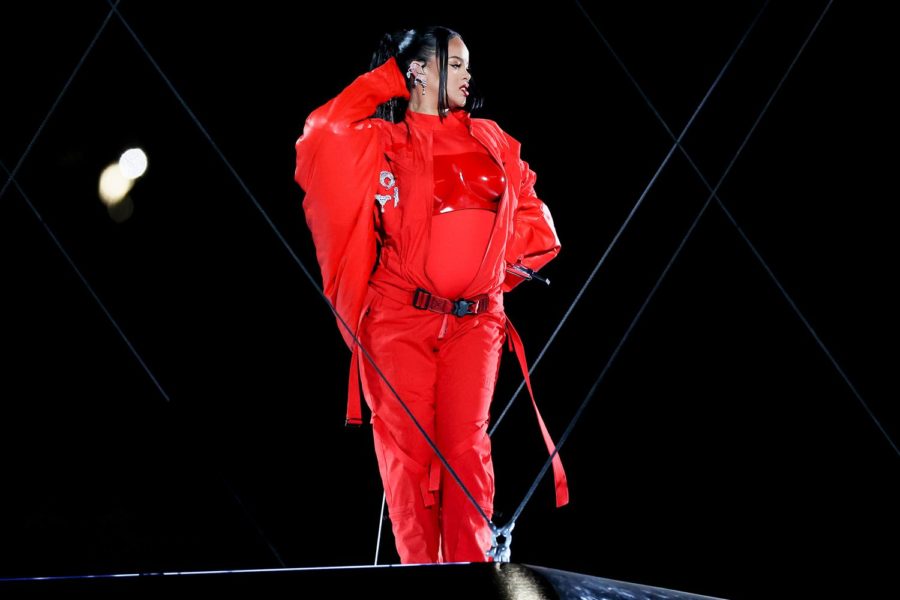


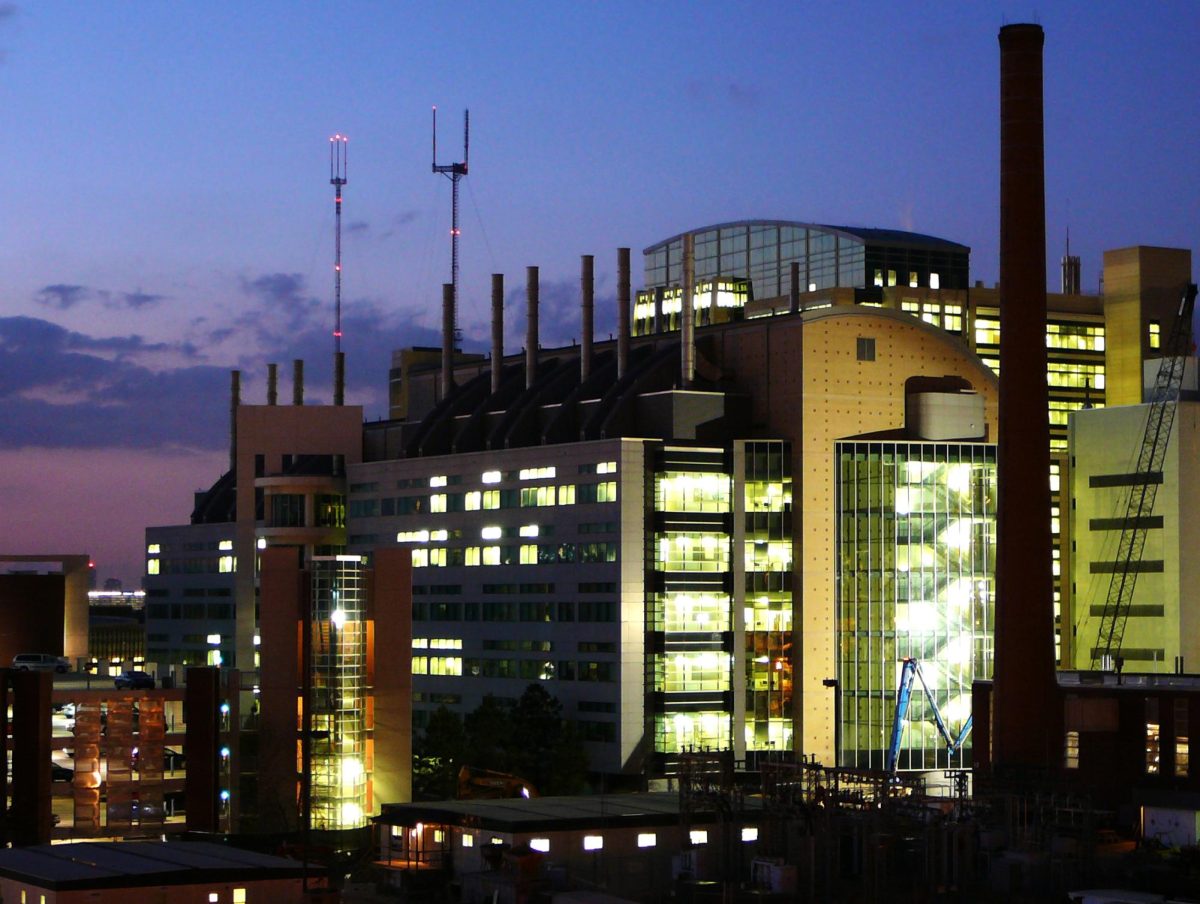


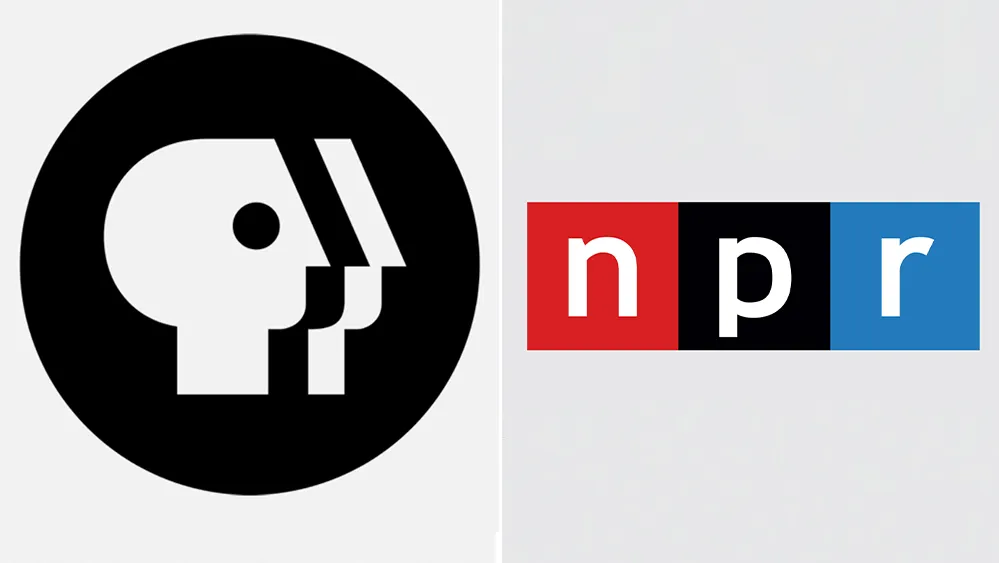








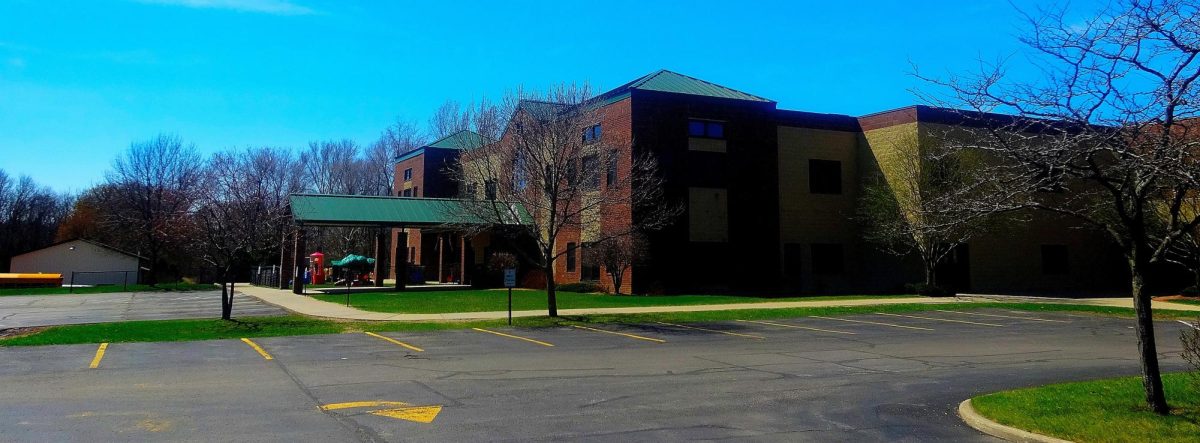
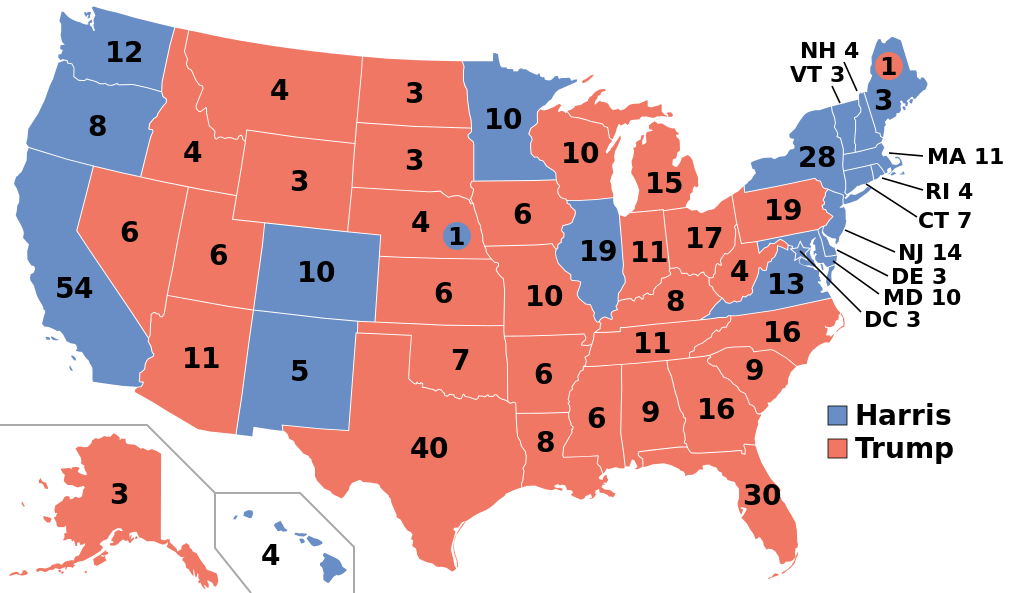






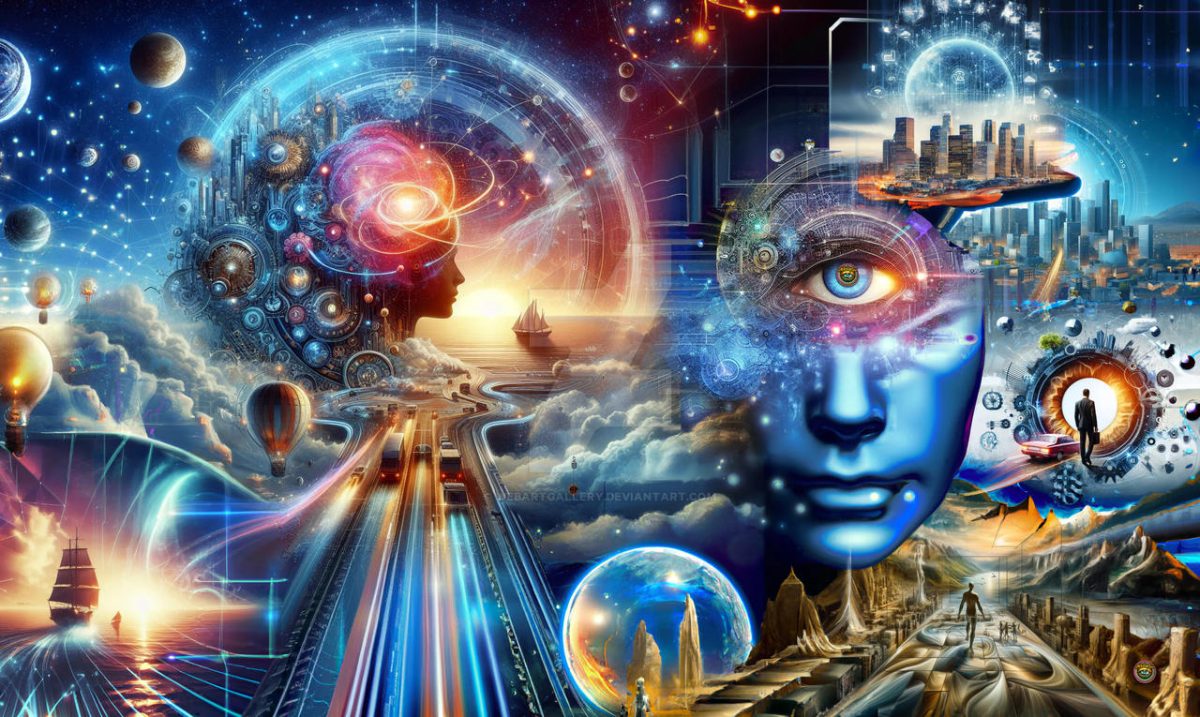
![Image credit to [puamelia]](https://memorialswordandshield.com/wp-content/uploads/2025/08/3435027358_ef87531f0b_o-1200x803.jpg)

